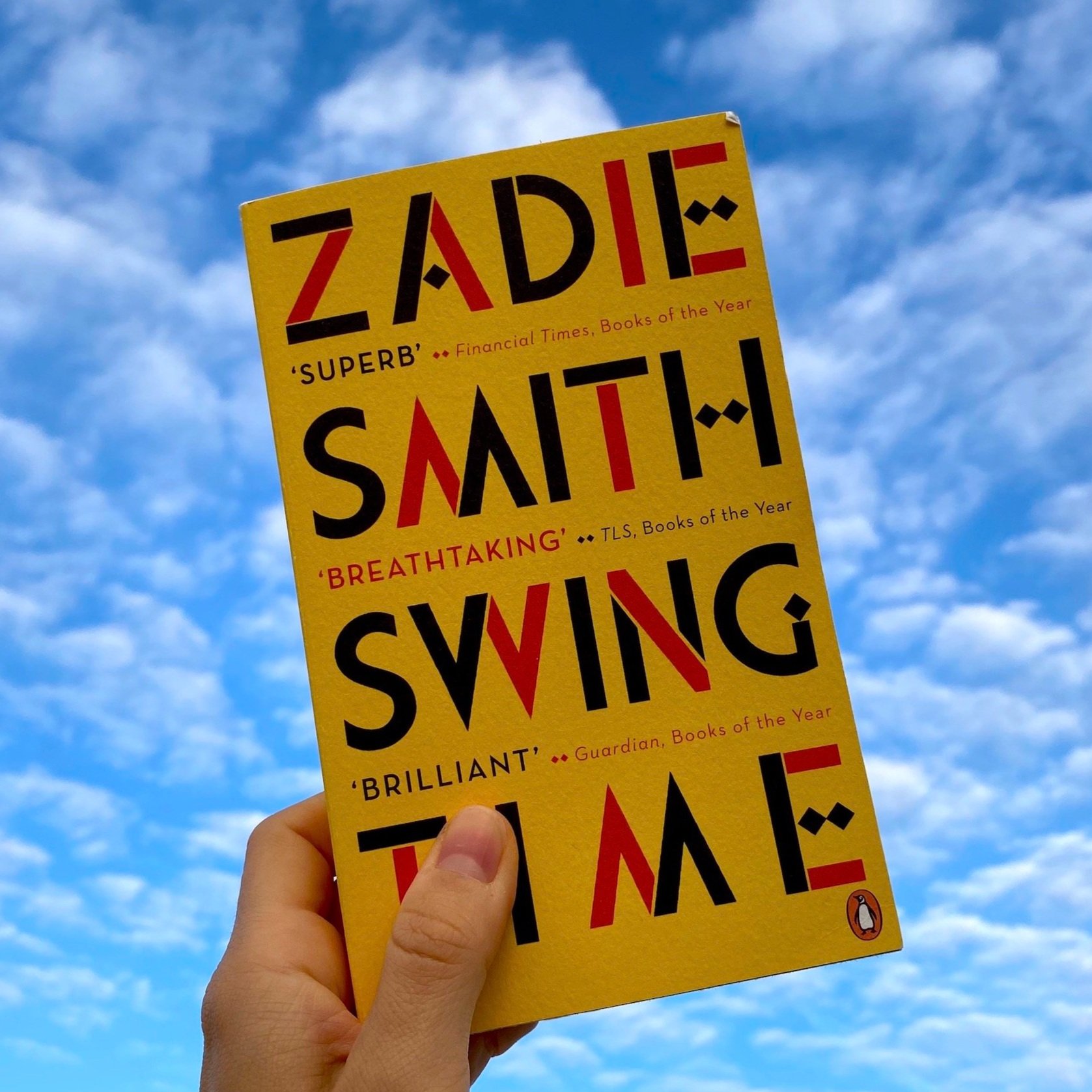10 UK Campaigns That Defeated Companies and Institutions
1. Kingsmill Workers vs. Allied Bakeries
In 2020, Allied Bakeries were making billions in profits, yet many employees were relying on food banks. The trade unions BFAWU and Unite campaign hit home with a powerful message: "We fed the nation, now we’re struggling to feed ourselves."
The workers used effective timing to their benefit: walking out on the week of Pancake day. Unite regional co-ordinating officer Susan Fitzgerald said: ‘There will be no Pancake Tuesday celebrated…” After a year of unsuccessful negotiations, the strike secured an 8.7% pay increase for 2023 and a further 8.6% in 2024.
2. Greenpeace vs Lego
In 2014, Greenpeace launched a high-profile campaign against Lego, urging the toy giant to end its lucrative partnership with Shell. The campaign included a viral video, "Everything is NOT Awesome", which garnered nearly 6 million views. The protests saw children building Arctic animals from Lego at Shell’s London HQ and creating miniature Lego protests at landmarks worldwide. The campaign was bolstered by a petition signed by over one million people. The pressure led to Lego severing its ties with Shell.
3. Bands vs Barclays
Barclays faced a powerful boycott from musicians and activists, culminating in the suspension of its sponsorship of major music festivals in 2024, including Download, Latitude, and Isle of Wight. The *Bands Boycott Barclays* movement was driven by concerns over the bank’s financial support for defence companies supplying weapons to Israel.
Over 100 artists withdrew from Barclays-sponsored events in protest, including the Great Escape festival in Brighton. Then it was announcced Barclays would no longer be a partner of the festival!
4. Greenpeace vs HSBC
Greenpeace exposed HSBC’s financial ties to deforestation in Indonesia through footage that exposed bulldozers destroying land on camera that became popular on social media. The campaign showed the support of 100,000 people including 30,000 HSBC customers and targeted their adverts with comments exposing their bad behaviour and advertised their crimes in the Financial Times. In a video posted to their Facebook page, HSBC announced it would stop financing palm oil companies that contribute to deforestation and demanded its clients implement stricter environmental protections.
5. BP or Not BP vs. The British Museum
The activist group BP or Not BP used artistic interventions to challenge the sponsorship of cultural institutions by fossil fuel companies, focusing on the British Museum and the Science Museum. Following a series of creative protests over a number of years, The British Museum dropped BP after 24 years. The Science Museum eventually announced a policy of "gradual disengagement" from sponsors that fail to meet climate commitments.
6. Stop Funding Hate vs. Co-op
In 2018, the Stop Funding Hate campaign targeted Co-op and other advertisers, urging them to pull their ads from newspapers accused of promoting hate speech. The pressure led Co-op to announce that it would cease advertising in certain publications, marking a significant win for activists working to challenge the media’s role in spreading harmful rhetoric.
7. Church of England vs. Operation Noah
In June 2023, the Church of England made a historic decision to divest from fossil fuels. This move, hailed as a victory for the global divestment movement, was particularly significant due to the Church’s influential position in the UK. The decision sent a strong message to both religious and financial institutions about the importance of ethical investment and environmental responsibility.
8.Freedom From Torture vs. Privilege Style
Freedom From Torture ran a multi-pronged campaign targeting Spanish airline Privilege Style for its involvement in UK government deportation flights to Rwanda. The campaign began with email petitions and escalated to social media actions, phone calls, and even direct protests at the airline’s headquarters. The pressure, led by survivors of torture and activists, resulted in Privilege Style announcing it would no longer participate in the controversial flights. This success came just as Rishi Sunak became Prime Minister and highlighted the power of grassroots activism in shaping government policy.
9. Fossil Free Books vs. Baillie Gifford & Hay Festival
Fossil Free Books, a coalition of authors and book professionals, successfully pressured the Hay Festival to cut ties with Baillie Gifford after the asset manager’s investments in arms manufacturers, including Babcock International, were exposed. The group’s campaign gained momentum through coordinated actions, including direct outreach, media engagement, and public demonstrations, reaching over a million people. This victory is part of a wider movement challenging corporate sponsorship of cultural events that are linked to unethical industries.
10. Palestinian Movement vs. Puma
Puma announced it would not renew its contract with the Israel Football Association (IFA) in 2024, following growing calls for a boycott due to the IFA's inclusion of teams from illegal Israeli settlements in the West Bank. The decision came amid intensified pressure during Israel’s military offensive in Gaza. Puma's move is a significant win for the Palestinian-led BDS (Boycott, Divestment, Sanctions) movement, which has been urging companies to sever ties with entities supporting Israel’s policies in Palestine.
Want help with a campaign against a big boss or dodgy corporation? Email me!





